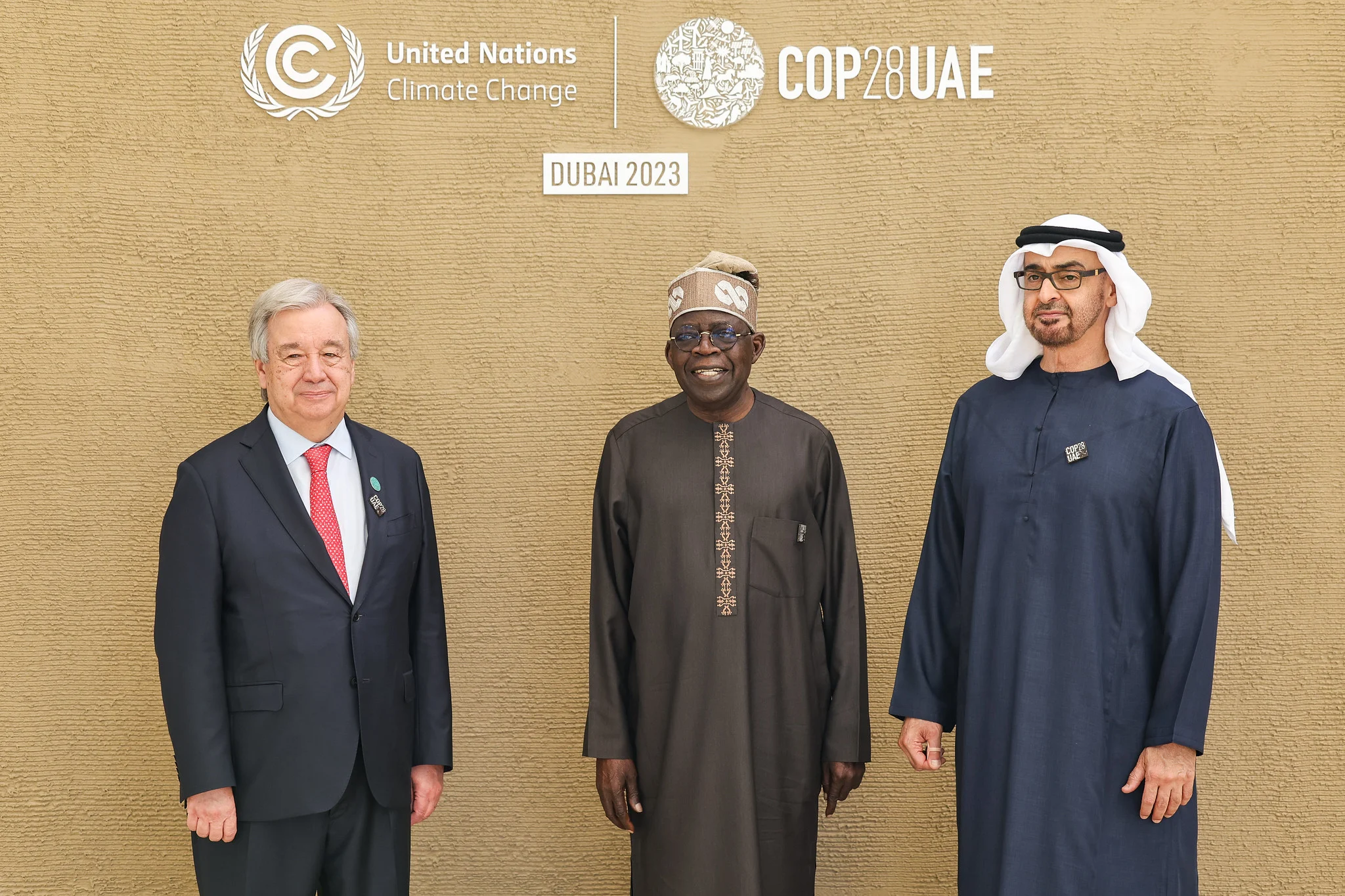Former presidential aide, Laolu Akande, has warned that Nigeria’s energy poverty problem poses a greater threat to national life while advising the Federal Government to jointly tackle the menace alongside the climate change crisis.
Akande made this call on Thursday, November 30, 2023, while featuring on Channels TV News at 10, as discussions were centred around the two-week United Nations Climate Change Conferences, (COP28) that is currently ongoing in United Arab Emirates, Dubai.
He mentioned that while a major percentage of Africans lack access to modern energy sources, scores of millions of Nigerians, Akande said, struggle with energy problems with inadequate and depreciating supply alongside other multi-dimensional problems of poverty in the country.
Analysing the preparedness of Nigeria to meet the Net-zero emission target by 2050 and the global energy transition programme that had kick-started about a couple of years back, Akande noted that Nigeria remains the first African country to develop an energy transition programme for climate change action.
He said, “Nigeria is one of the first countries in the continent to develop an energy transition programme.
“Maybe it is important to just clear the air and say that there is a climate change crisis and even though Africa generally has a share of about four per cent of the CO2 emission globally, just about four per cent. The developed world has about 44 per cent but the potential damage is actually coming at a faster rate in Africa.
“For instance, if you look at it very well even Lake Chad is already shrinking and the African Development Bank even said that if care is not taken Africa economies will slow down between five to 15 per cent if we don’t do what we needed to do.
“So, Nigeria about a couple of years back actually developed an energy transition programme to take us from where we are now to a situation where we would have net zero. The world said 2050, but I think it was President (Muhamadu) Buhari who said Nigeria would need a little bit more time so that Nigeria is going to get there in 2060. And I think he announced that a couple of years back at the UN Assembly,” Akande said.
Reacting to the widespread excitement that had followed the approval of the damage fund, a package that was decades in the making, but now has been approved by the global delegates which allowed developed countries to pledge millions of dollars to help vulnerable nations hit by climate disasters, Akande expressed his doubts on the belated gesture and called for restraints in jubilation, saying developed nations had once reneged on the promise that was earlier made at the Paris agreement.
His words, “I guess there’s a bit of excitement that will attend that news considering the fact that the UAE took a very formidable lead to announce a 100 million dollars, Germany about the same figure, the European Union, about 245 million dollars but I don’t expect the excitement to go very far,” Akande said.
He added, “When you remember since the Paris Agreement, the commitment the developed nations actually made in terms of climate change adaptation funding is actually 100 billion annually. That was made about 12 to 14 years ago. The commitment was to put on the table the developing countries 100 billion dollars annually.”

 Join Daily Trust WhatsApp Community For Quick Access To News and Happenings Around You.
Join Daily Trust WhatsApp Community For Quick Access To News and Happenings Around You.

